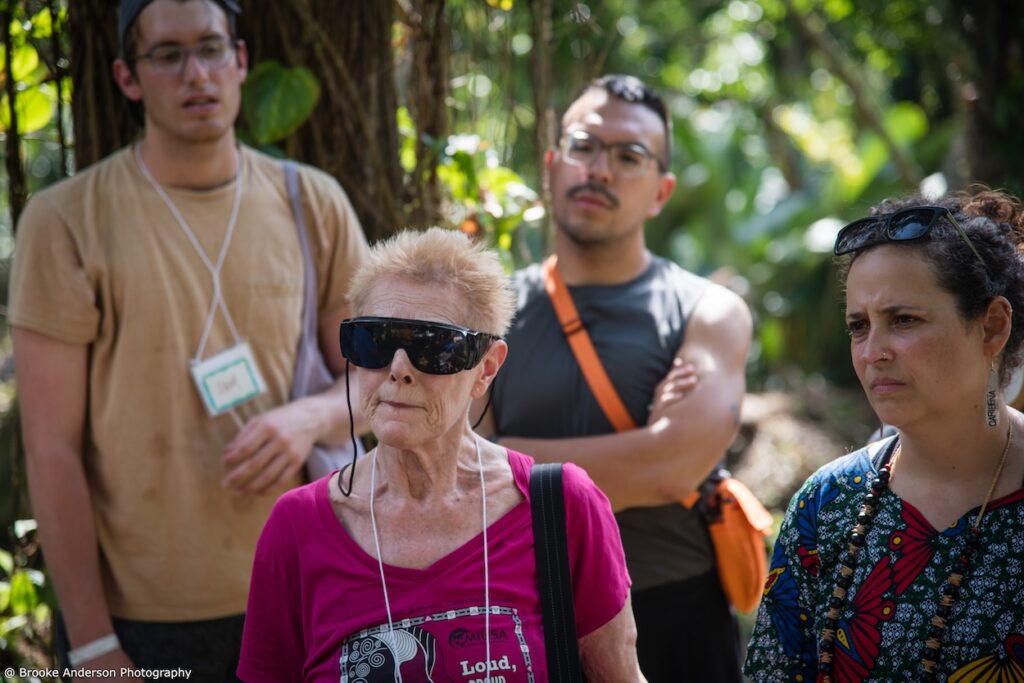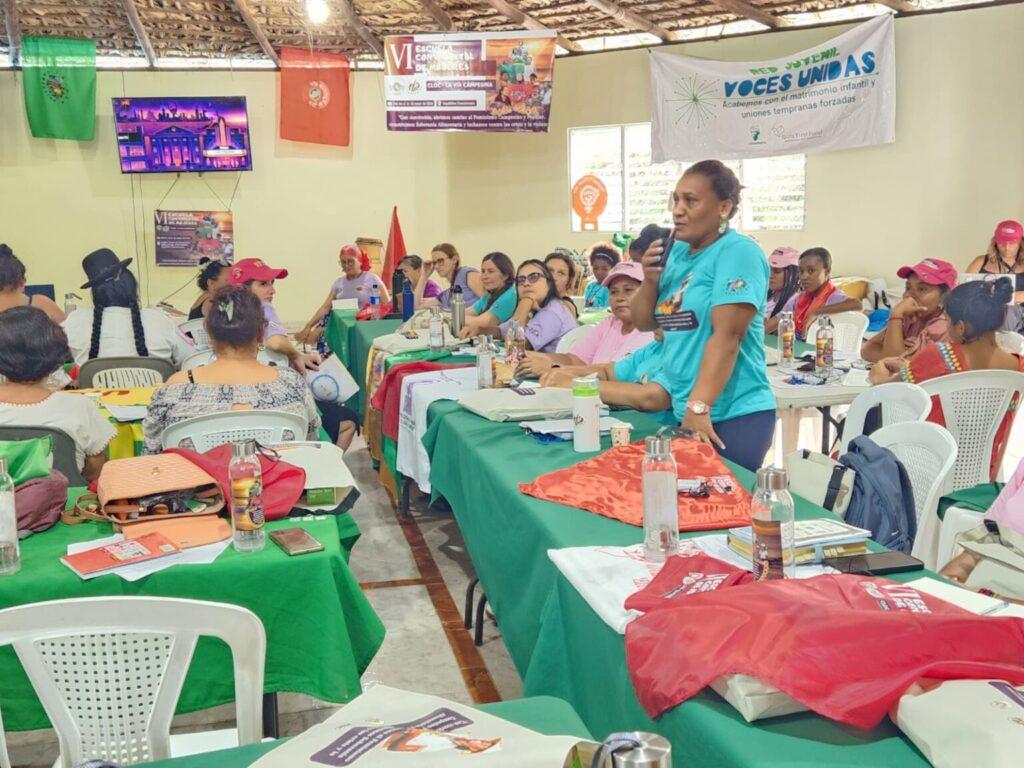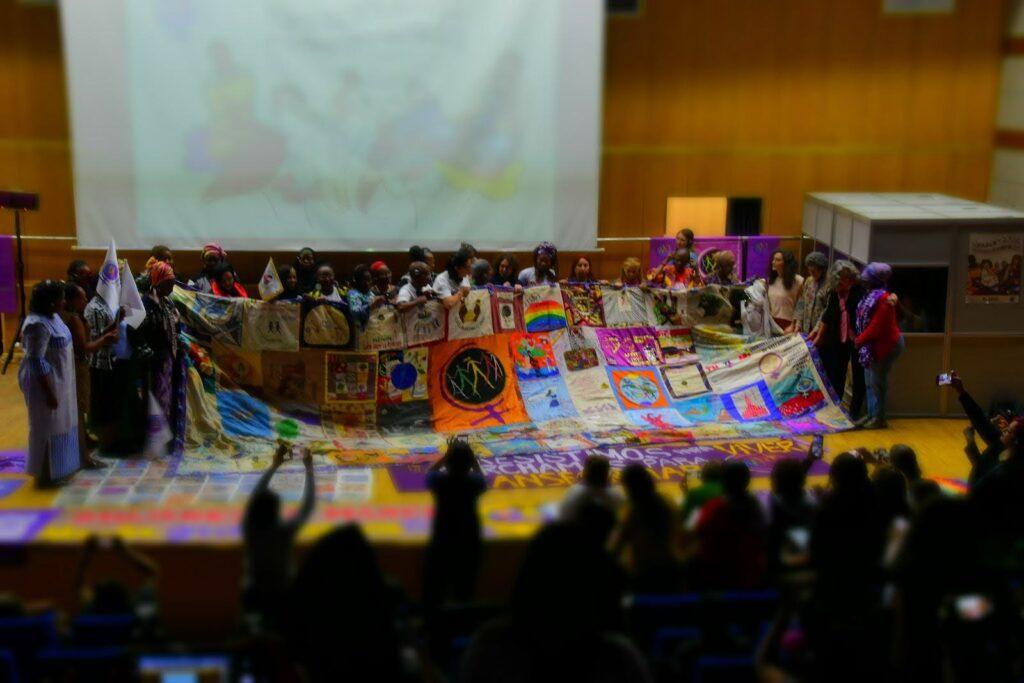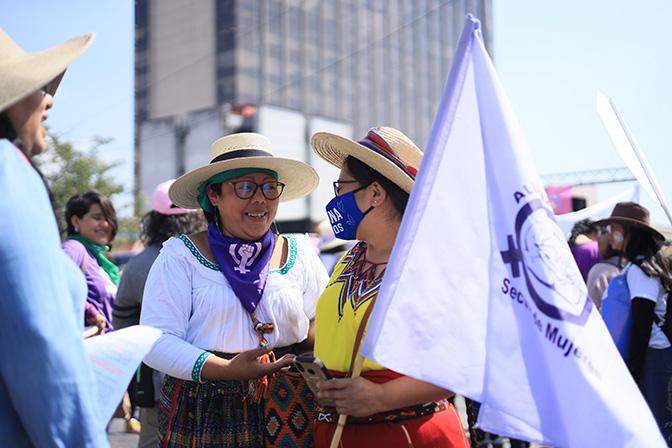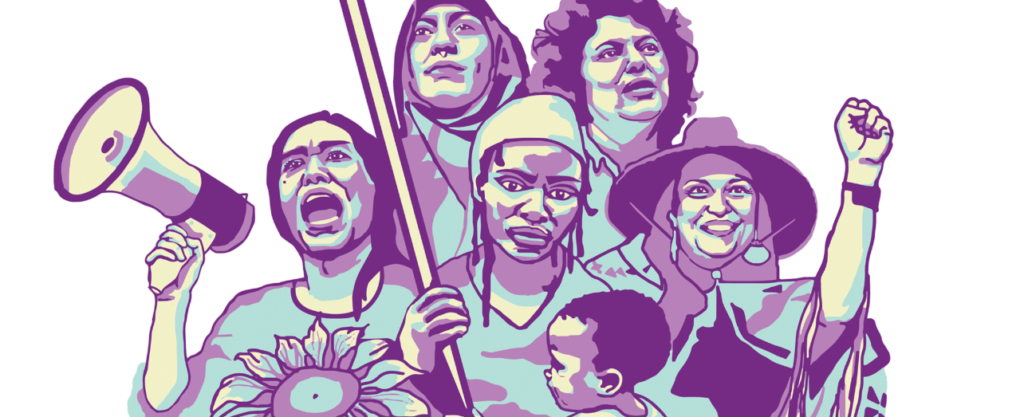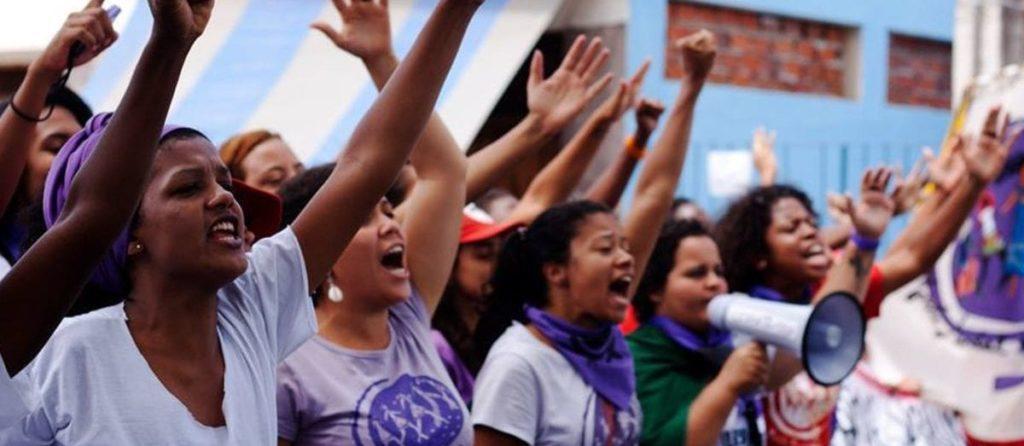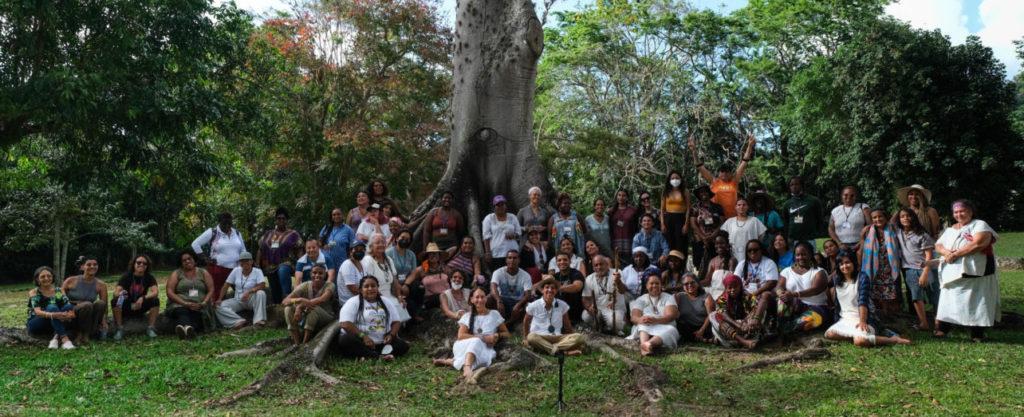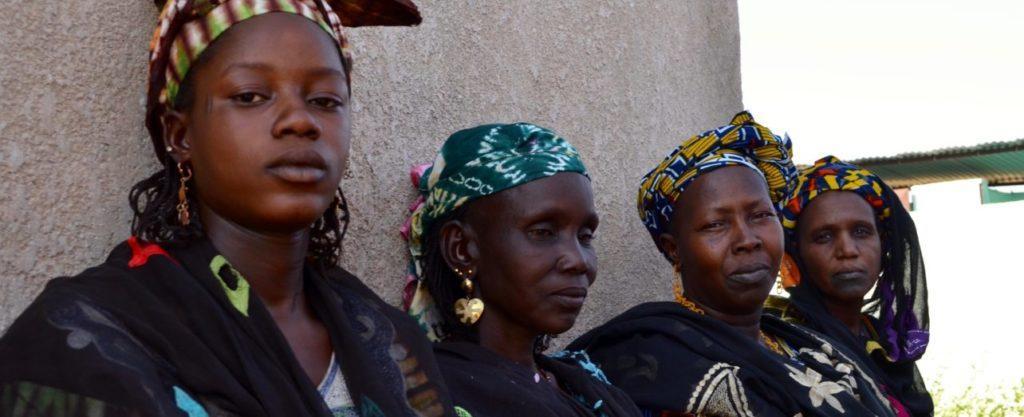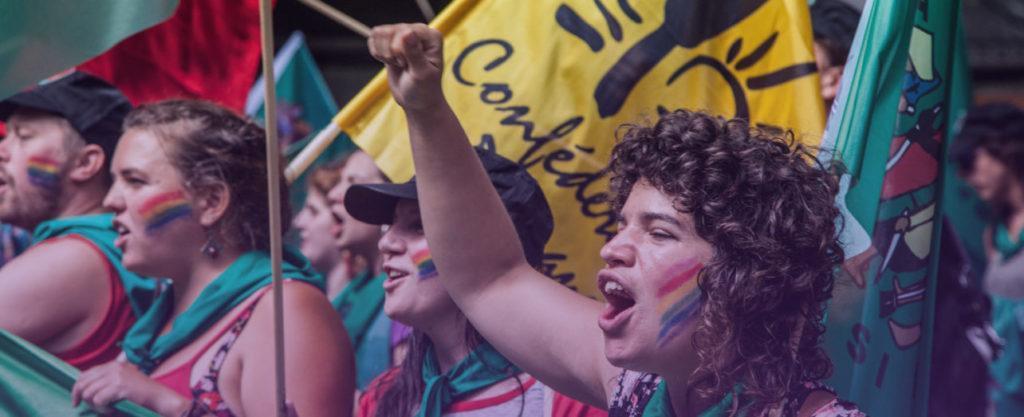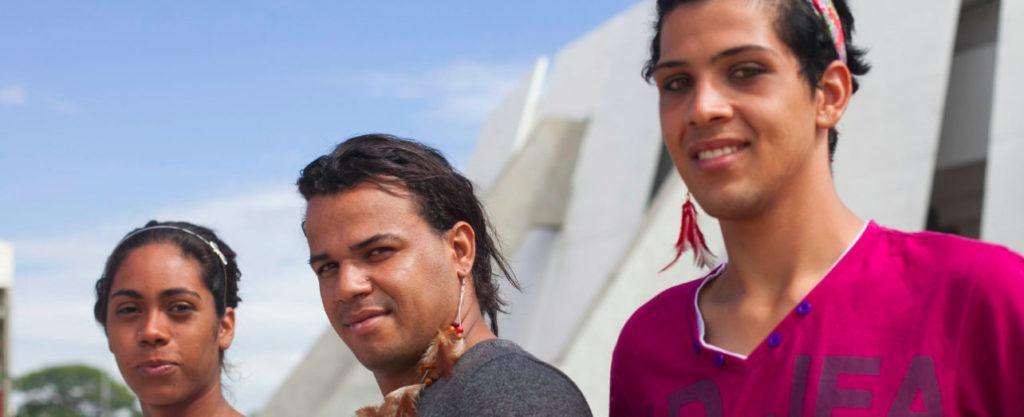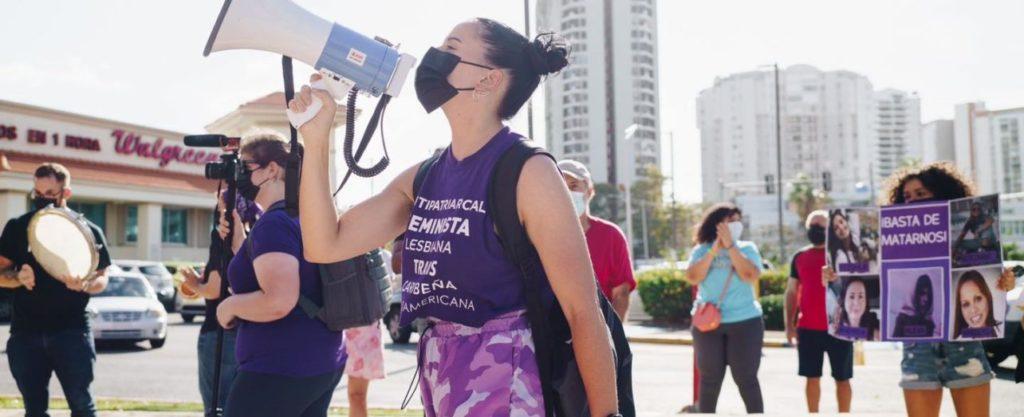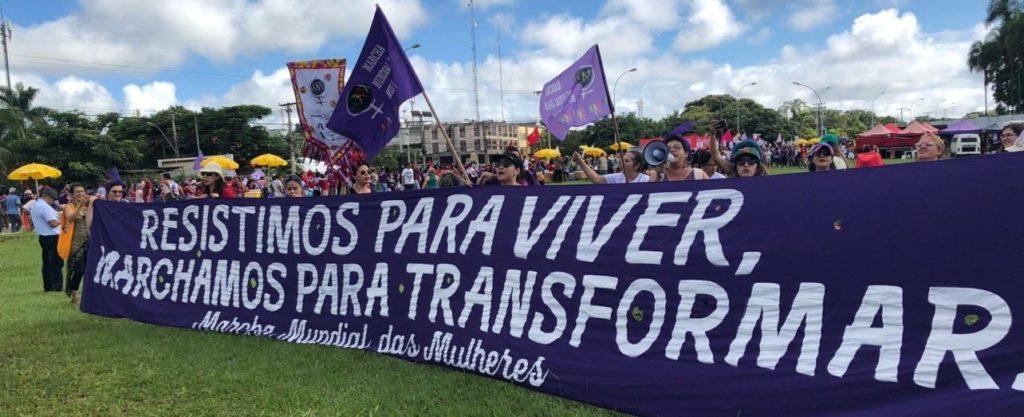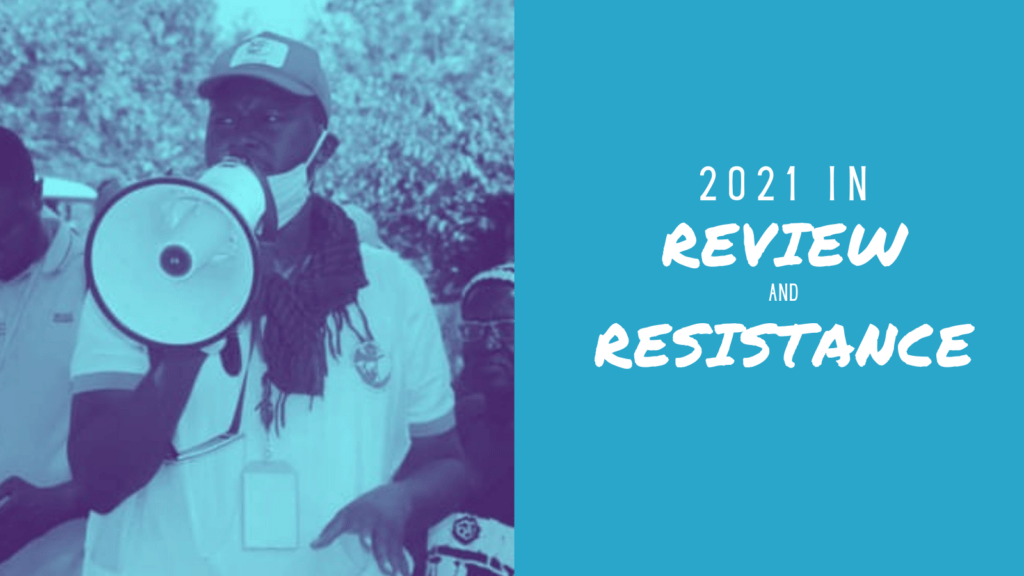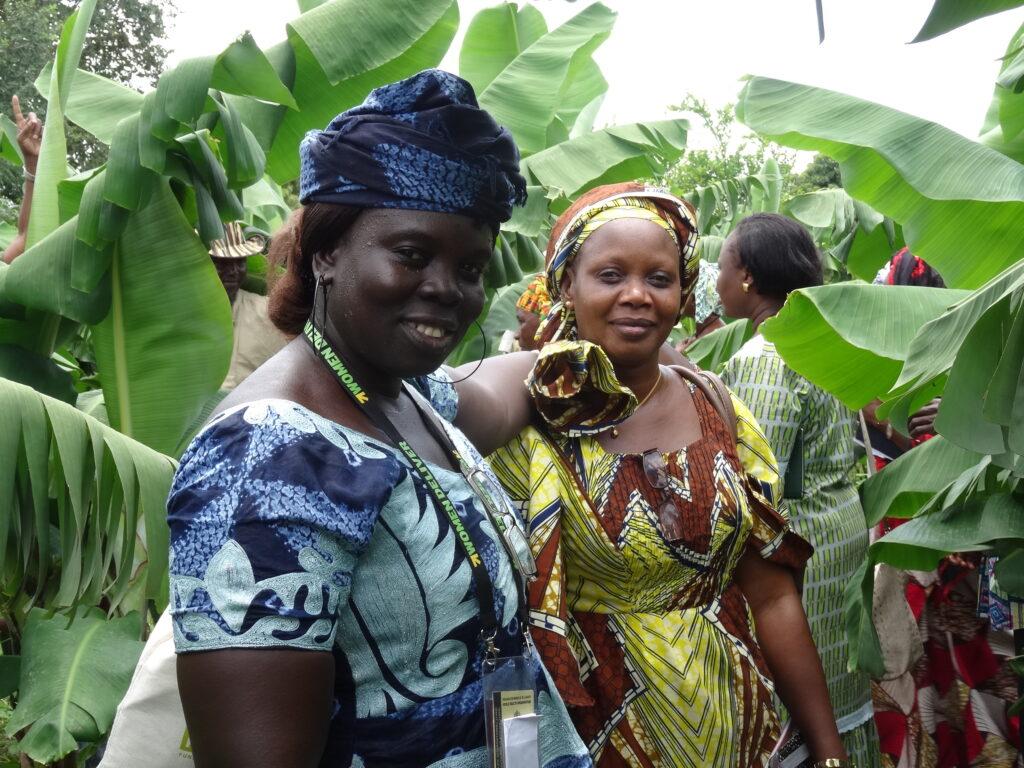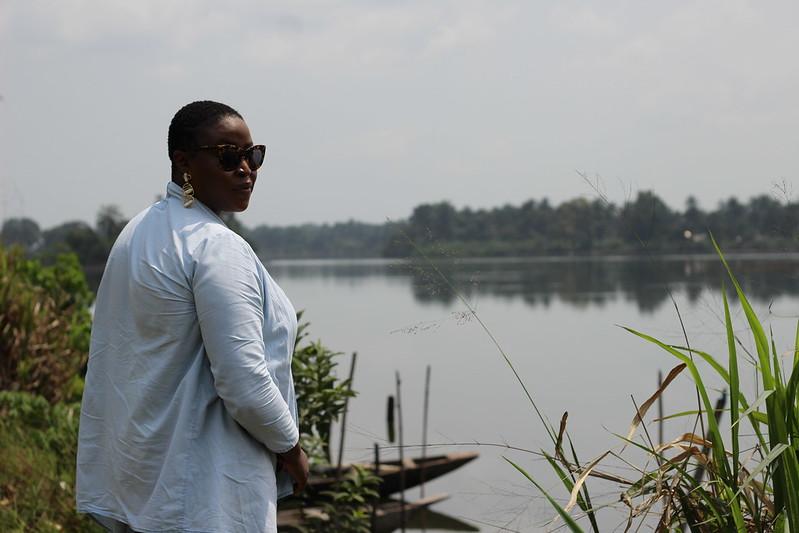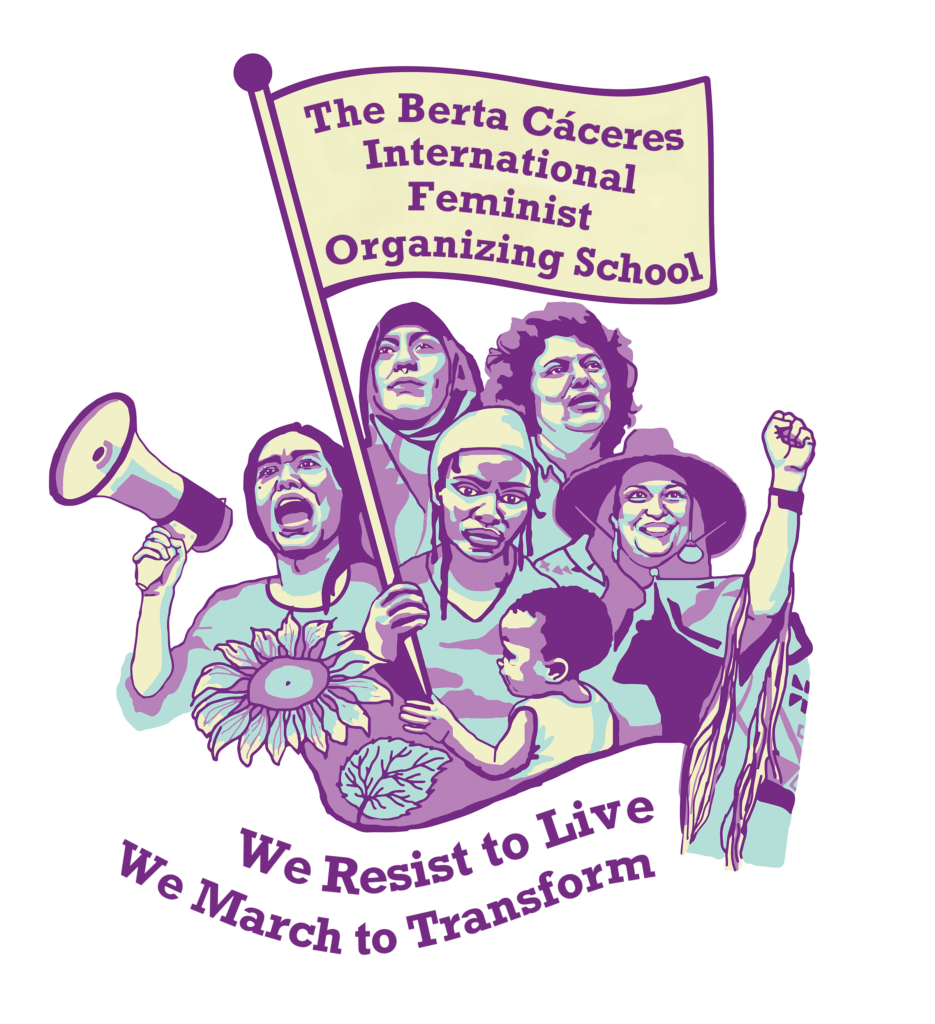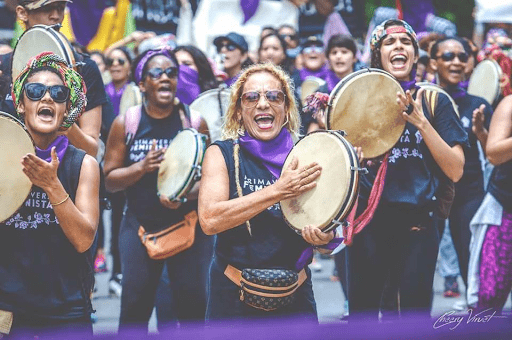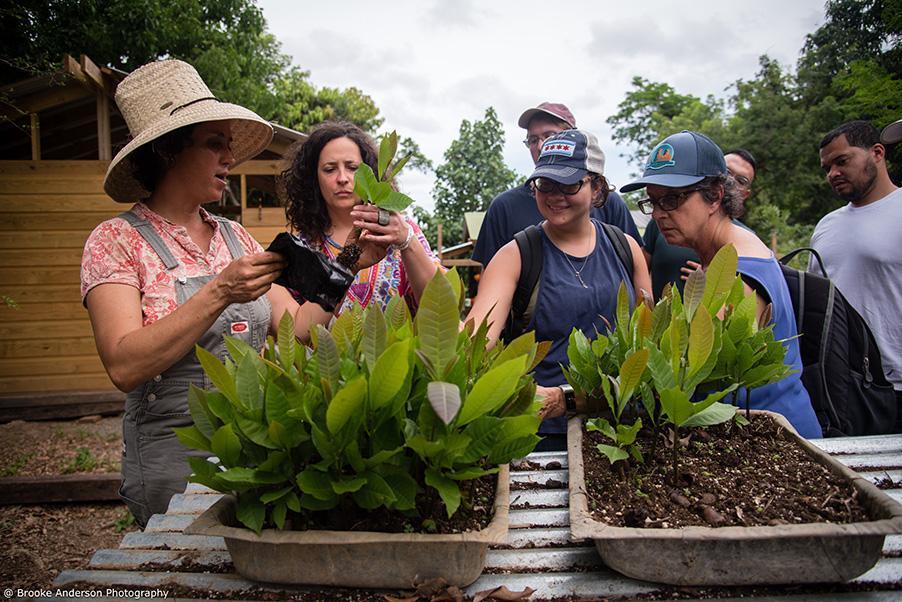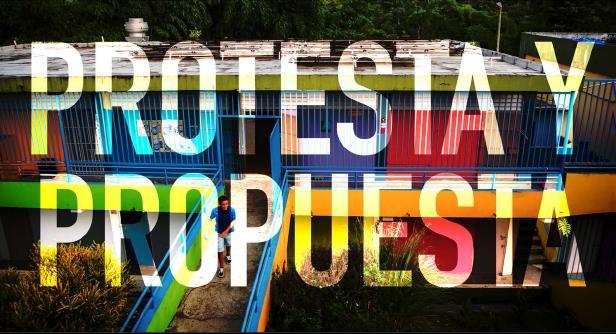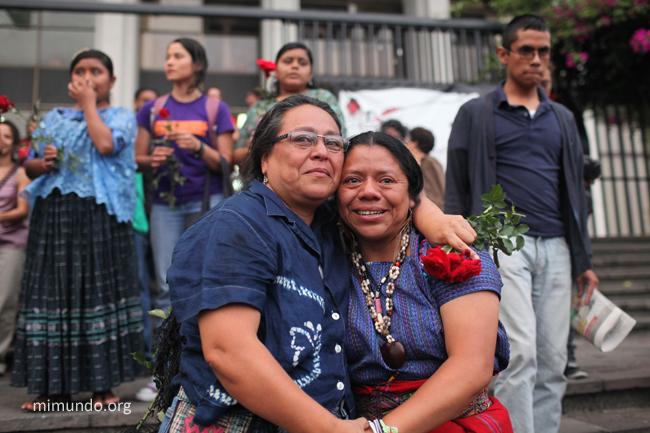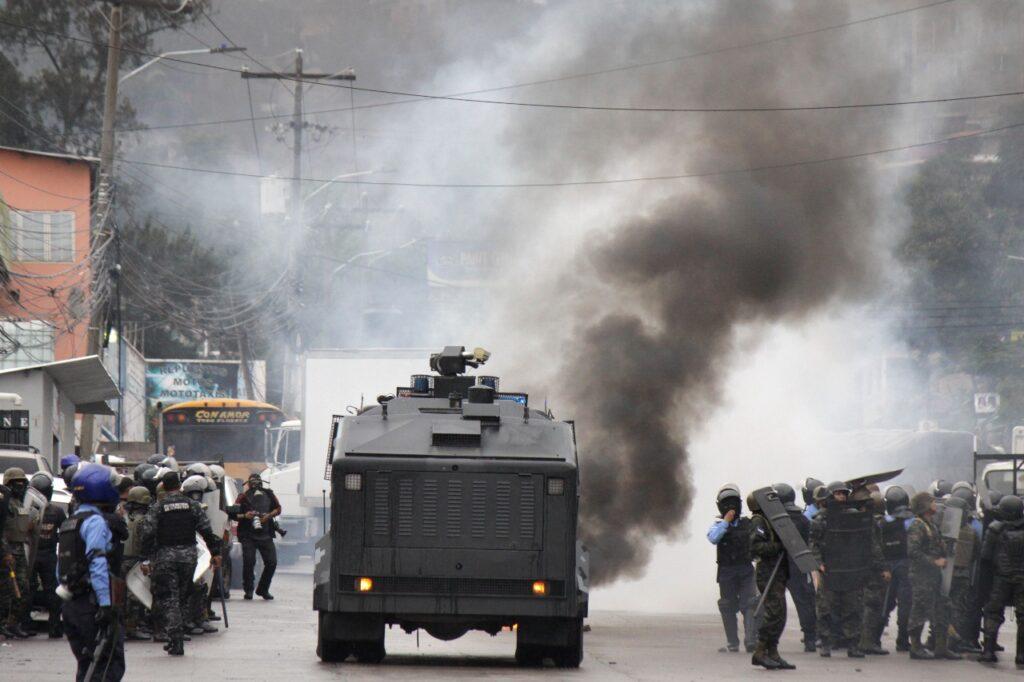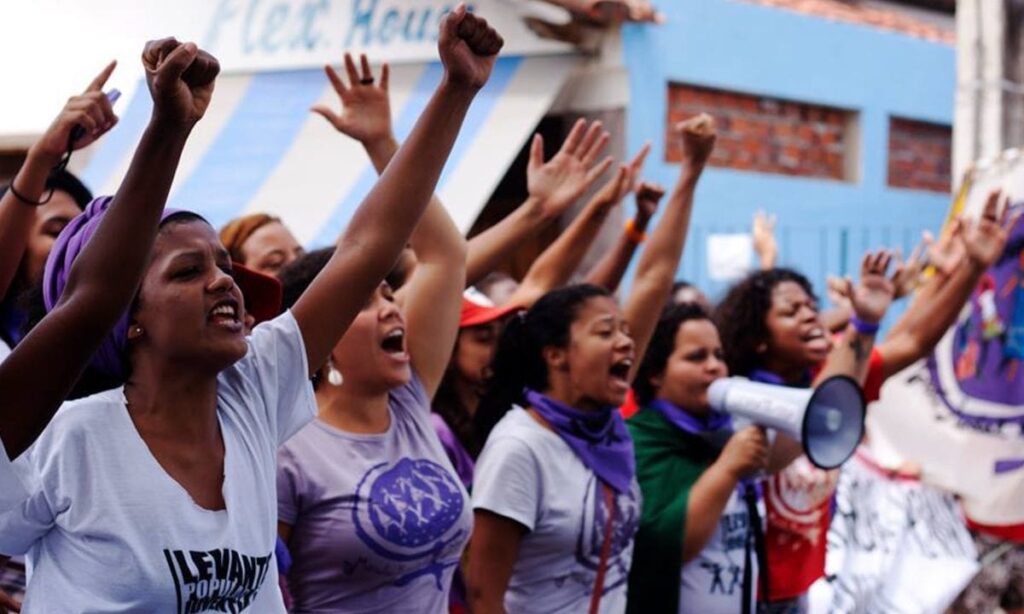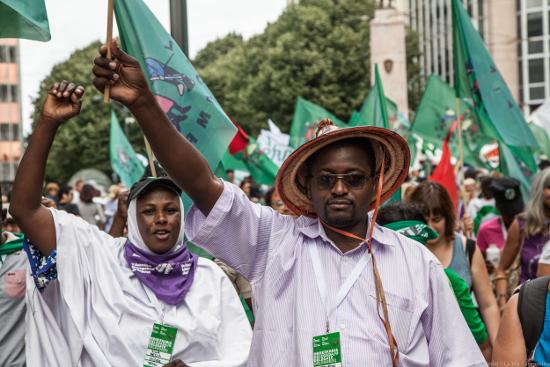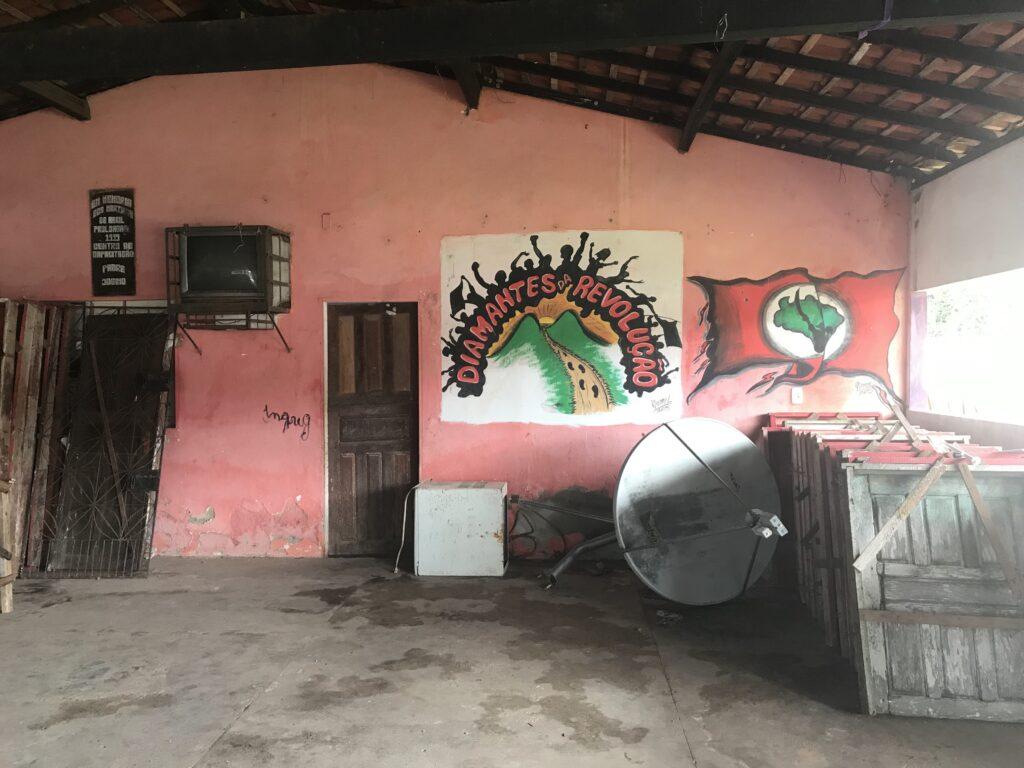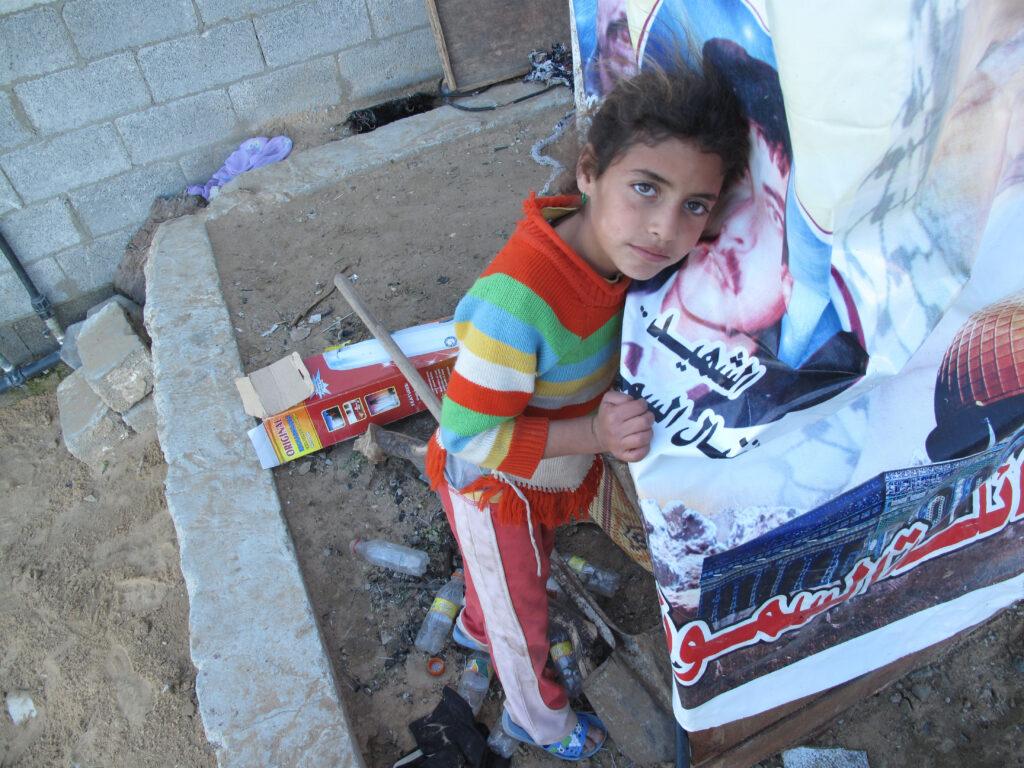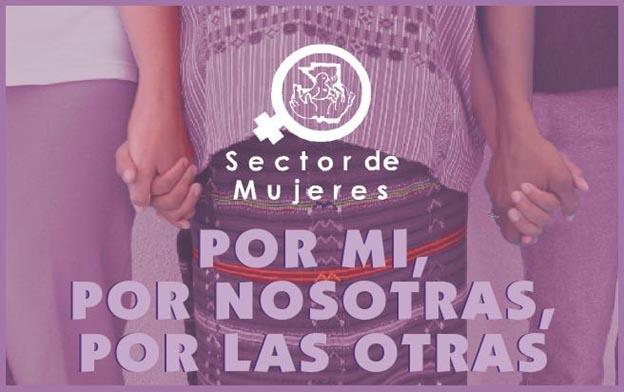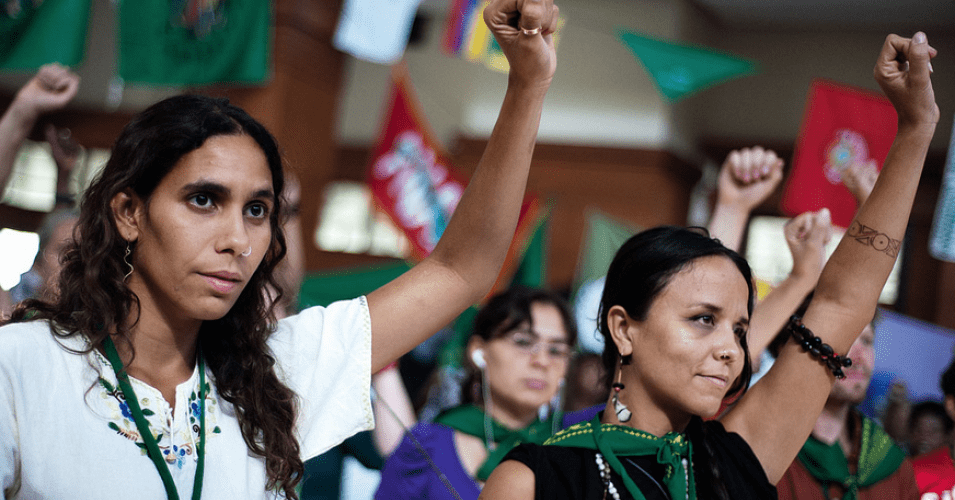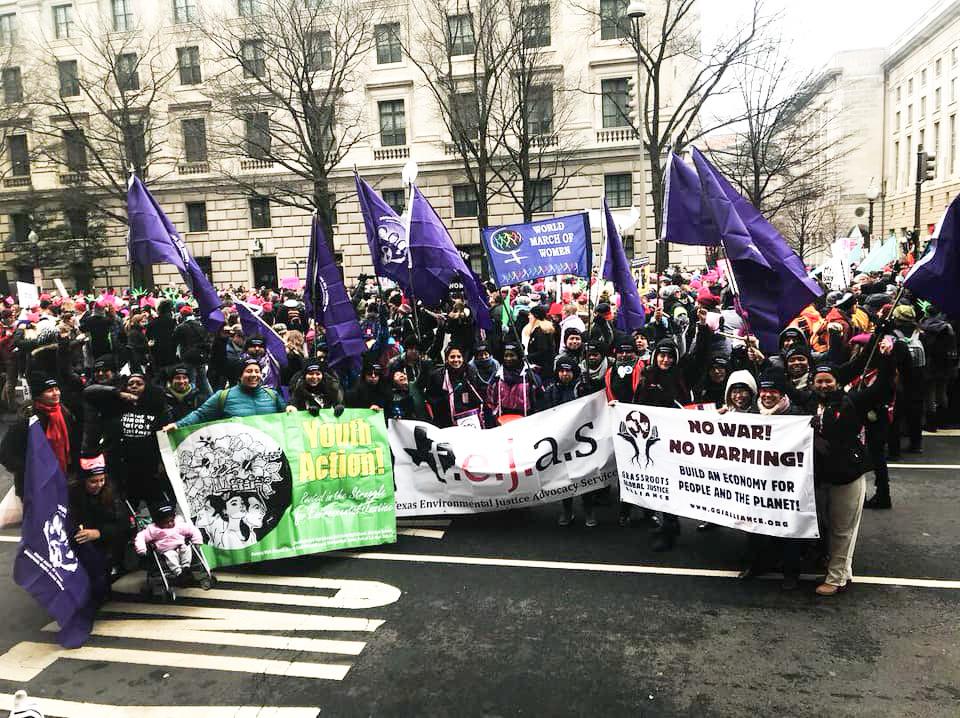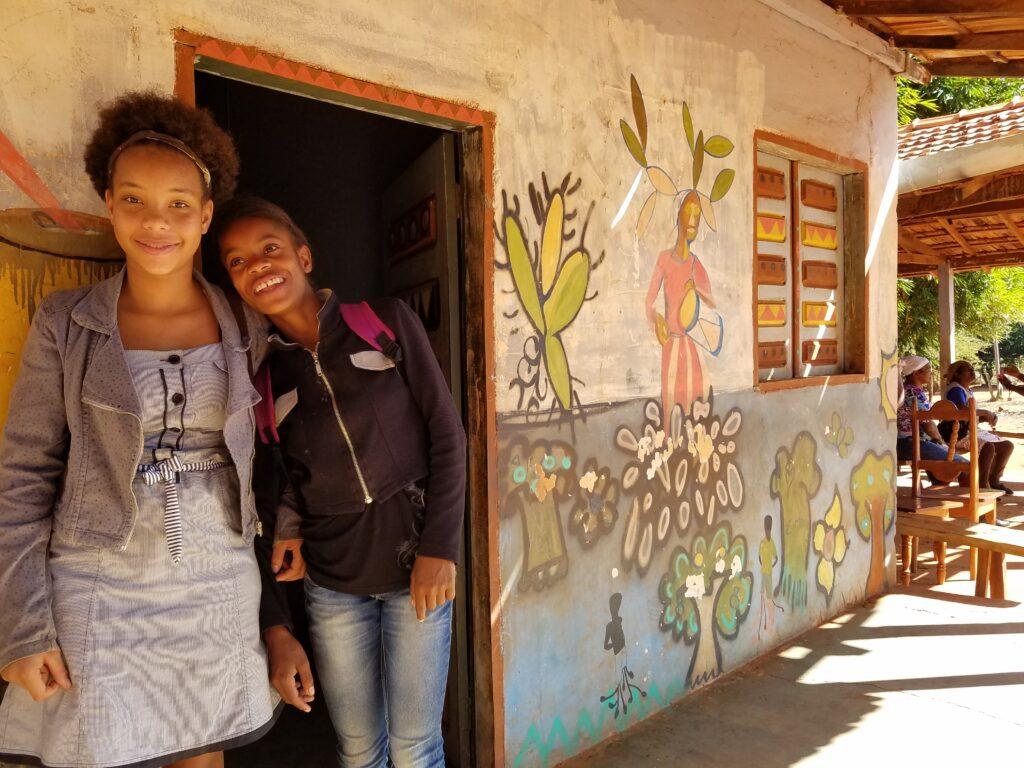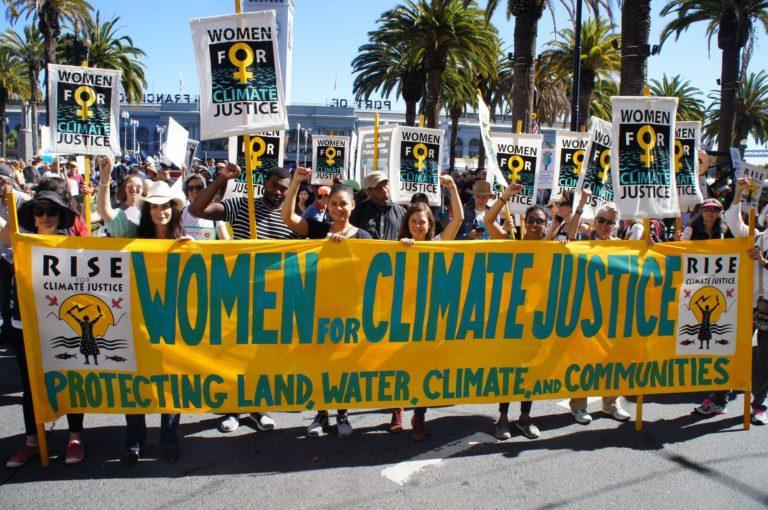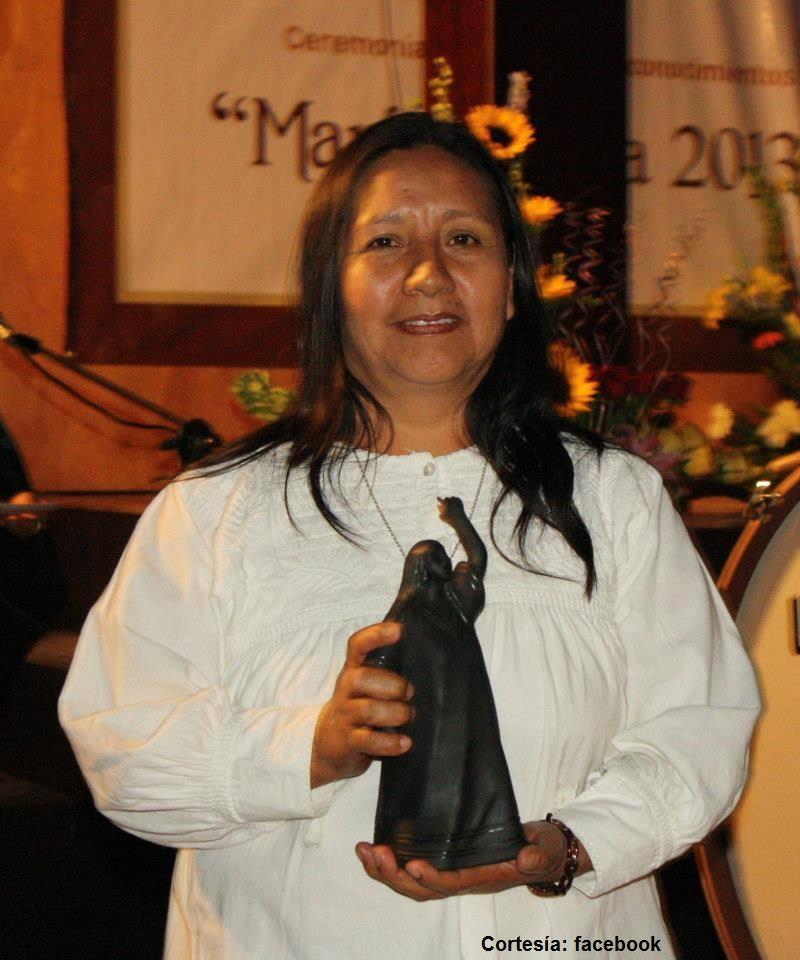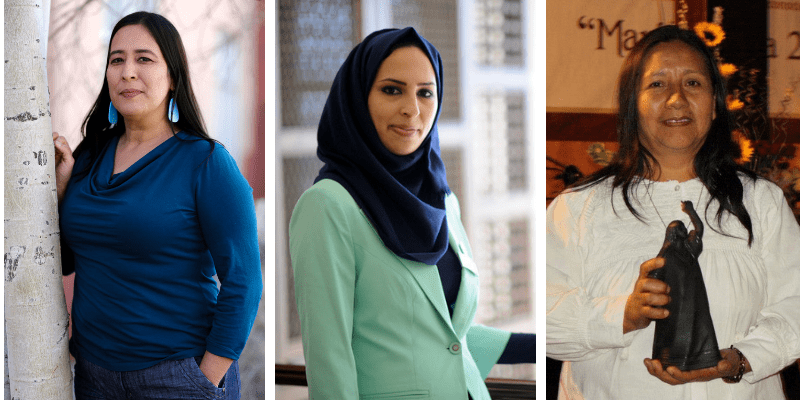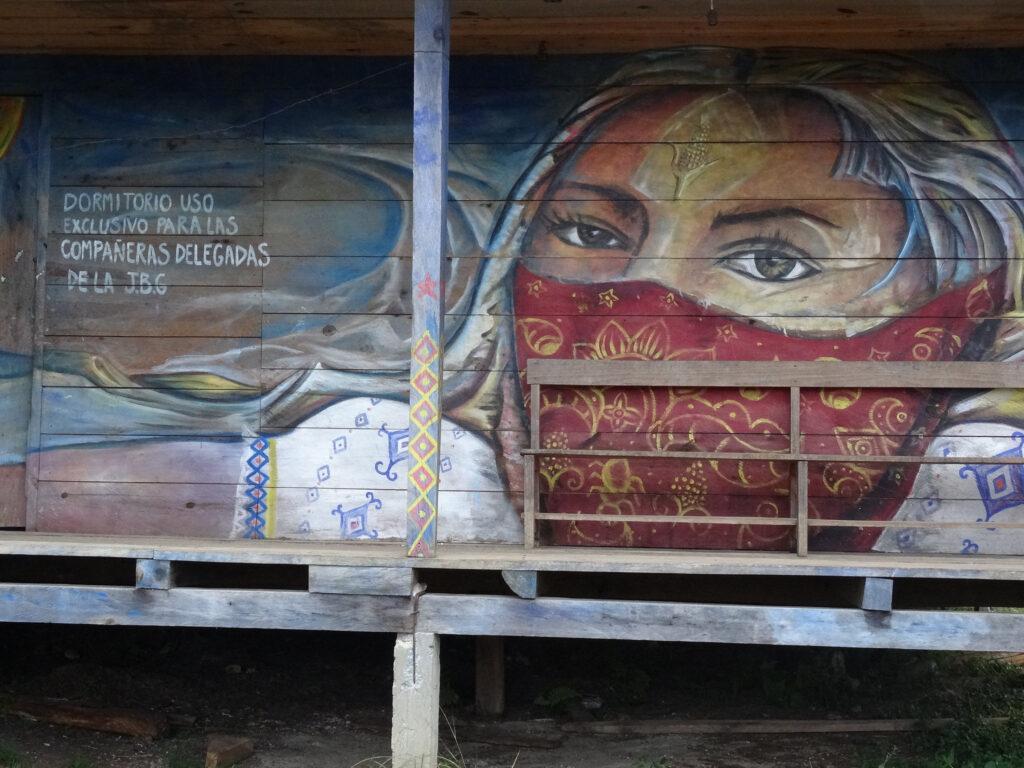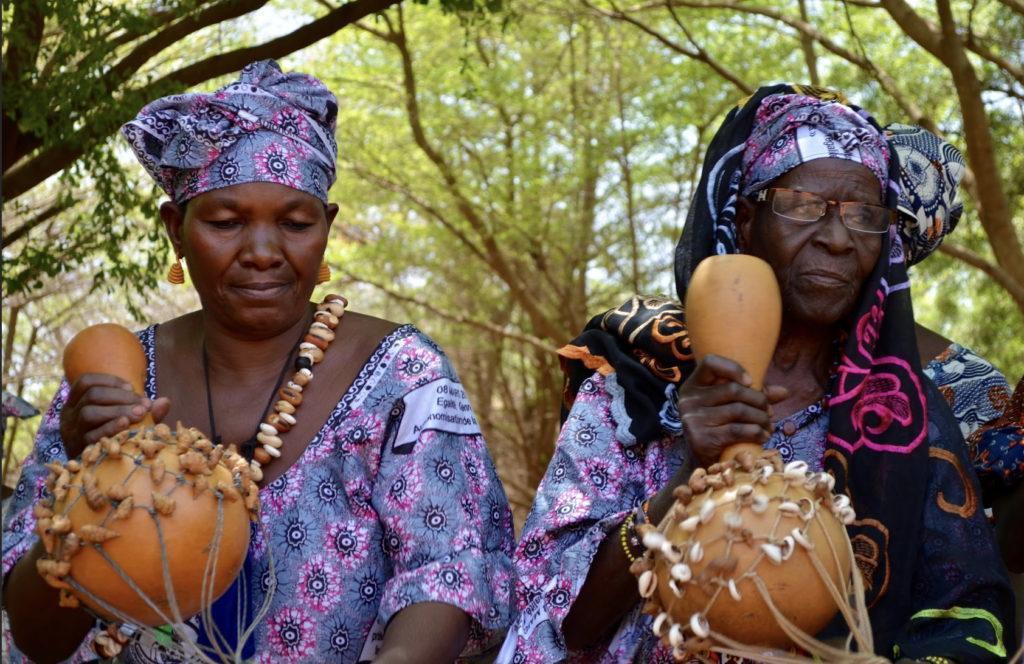
Nous Sommes la Solution (We Are the Solution, NSS/WAS)
Below the Sahara Desert, agribusiness and industry-driven climate change are driving communities out of rural areas — or leaving them in deep poverty. Across West Africa, Nous Sommes la Solution organizes some of the most impacted people: women, youth, and LGBTQIA+ people.
As corporate agribusiness and climate change continue to threaten the health of the land in West Africa, Nous Sommes la Solution (We Are the Solution, NSS/WAS) is a network fighting for peasant women’s agroecological traditions. This movement is made up of feminist associations scattered throughout the Sahel — the region of Africa immediately below the Sahara that includes Senegal, Mali, Burkina Faso, and more. Through these associations, women, gender nonconforming people, and youth are providing solutions to the region’s most difficult challenges.
NSS provides a communication network for movements which advocate for seed sovereignty, movement building, and grassroots feminisms at the regional level. By using community radio, press, and social media, rural women and gender nonconforming people’s associations are able to provide a large number of their communities with training on how to practice food sovereignty, warnings about land and water grabs, and invitations to gatherings. This work is acting as a public interest campaign to bring rural farmers back to using local seeds and natural fertilizers, which will in turn send a message to local authorities.
NSS is successfully demonstrating that the true solution to hunger and food sovereignty issues in the Sahel is African women and LGBTQIA+ people’s ancestral knowledge, a deep connection to the land, and agroecological practices. These practices value local knowledge and reciprocity towards the land over its exploitation through the use of chemical fertilizers and large monocultures. Their work has become highly influential in the regional people’s struggle to control their own land and resources against private profiteering.

